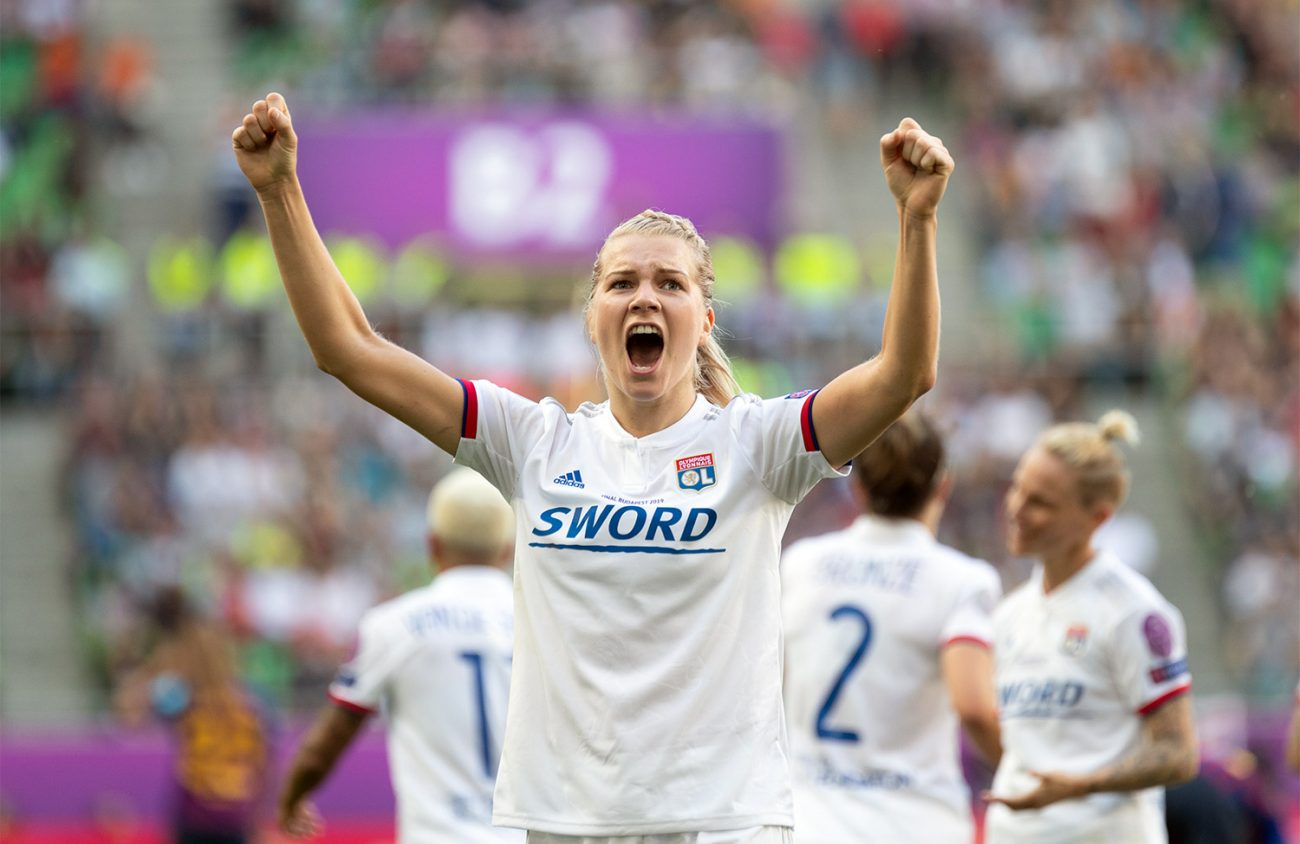Having won the 2015 FIFA Women’s World Cup (WWC), the U.S. Women’s National Team (USWNT) is on a mission to become the second country ever to win two WWCs in a row.
The USWNT crushed Thailand 13-0 in its first match of the 2019 WWC. Some criticized the USWNT for humiliating the Thai team. However, the USWNT should score as many goals as possible because, if another team has equal points after completion of the group stage, the tie-breaking criteria are, first, superior goal difference and, second, most goals scored.
Whether any goals against Thailand were excessively celebrated might be debatable, but the fact many commentators focused on criticizing celebrations rather than analyzing performances disappointed a lot of soccer fans — especially those who remember the patronizing, puritanical criticism of Brandy Chastain’s celebration after winning the 1999 Women’s World Cup.
The USWNT beat Spain 2-1 in its first knockout match and will play France on Friday, June 28.
For those who like underdogs or Cinderella stories, this 24-team tournament has had plenty. The Reggae Girlz not only gave Jamaica the honor of becoming the first Caribbean nation to play in a WWC — largely due to Bob Marley’s daughter, Cedella Marley, who donated resources that the Jamaican Football Federation did not provide — but they even scored a goal against Australia.
South Africa is also making its debut in a WWC, led by forward Ode Fulutudilu, a refugee from the war-torn Democratic Republic of Congo who recently signed to become the first South African to play in Spain’s top professional women’s league.
Argentina lost 1-0 to third-ranked England but earned its first ever WWC point by upsetting Japan with a 0-0 draw. The team then overcame a three-goal deficit to tie Scotland in its final match of the group stage.
Such performances may seem unimpressive, but considering the abandonment of the Argentine women’s team by the Argentine Football Association (AFA) it is absolutely amazing. The team didn’t play a single match (friendly or otherwise) between 2015 and 2017.
Hopefully this year’s World Cup participation will help advance women’s soccer in Argentina, which is progressing through a precarious professionalization process. It’s propelled in part by the courageous legal struggles of feminist footballer Macarena Sánchez, but is notoriously neglected by the AFA and Argentine sports media.
To be fair, the media’s neglect of women’s soccer appears almost universal, but there are interesting commercials celebrating the Women’s World Cup. Maybe you’ve seen Nike’s “Dream with Us” and “Dream Further” commercials empowering young women to pursue their dreams? But did you know Nike has similar commercials tailored to other countries (such as “Antes que Nada” in Argentina)?
Or that Commerzbank has a commercial calling out the disregard and prejudice towards the German women’s team, and Brazilian brewery Brahma has one acknowledging women were prohibited from playing professional soccer in Brazil until 1979?
The WWC is a great opportunity to educate society about gender inequality and to demand equality. Ada Hegerberg, the best woman footballer in the world, is boycotting the 2019 WWC until the Norwegian Football Federation treats women’s soccer equitably.
As Brazilian (and Portland Thorns FC) midfielder Andressinha explains, “A World Cup gives you visibility, but women’s football — it’s not just about sport. It’s about equality. Even women who do not like football are in this fight.”
Macarena Sánchez insists: “Soccer will be feminist, dissident and professional.”
Gender equality also appears to be important for improving the quality of the WWC. Duke University students measured the correlation among several different factors, and the FIFA ranking of the top 100 women’s national teams to evaluate the effect of those factors on the success of women’s national teams.
As the students concluded, “Nations that have more empowered women are much more likely to have strong women’s teams, a result that is not surprising but it’s very interesting to see supported by data.”
The 2019 WWC Final will be on July 7 (the same day as the Copa América and Gold Cup Finals — another reflection of what FIFA thinks about promoting women’s soccer).
And remember, if you see a goal celebration, the real goal being celebrated likely transcends the one observed on the soccer field.
